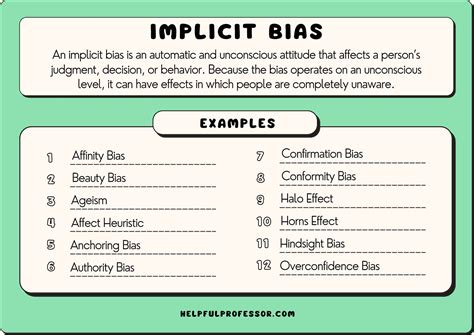Introduction
Implicit downcasts occur when a variable is assigned a value of a more specific type than its declared type. This can lead to runtime errors and unexpected behavior, making it a prohibited practice in many programming languages.

Pain Points of Implicit Downcasts
Implicit downcasts can cause significant pain points for developers:
- Runtime Errors: If the assigned value is not of the correct type, a runtime error will occur. This can crash the program or produce incorrect results.
-
Unexpected Behavior: Even if the assigned value is of the correct type, implicit downcasts can lead to unexpected behavior. For example, a variable declared as an
intcan be implicitly downcast to abyte, potentially truncating the value. - Code Readability: Implicit downcasts make code difficult to read and understand. It can be confusing to determine the exact type of a variable that has been implicitly downcasted.
Motivations for Prohibiting Implicit Downcasts
Programming languages prohibit implicit downcasts for several motivations:
- Type Safety: Implicit downcasts can violate type safety, allowing values to be assigned to variables of incompatible types. This can lead to unexpected behavior and security vulnerabilities.
- Maintainability: Prohibiting implicit downcasts helps to maintain code integrity. Developers can be confident that variables are always of the declared type, which reduces the risk of errors and unexpected behavior.
- Code Quality: Enforcing explicit downcasts forces developers to consider the type compatibility of their code. This leads to more robust and reliable programs.
Strategies to Avoid Implicit Downcasts
There are several effective strategies to avoid implicit downcasts:
-
Use Explicit Downcasts: When necessary, use explicit downcasts (e.g.,
(int) value) to convert values to a more specific type. This makes the type conversion clear and helps to prevent errors. - Declare Variables with the Correct Type: Declare variables with the most specific type possible. This ensures that values assigned to the variable are always of the correct type.
- Use Generics: Generics allow developers to write code that works with multiple types. This can eliminate the need for explicit downcasts.
- Avoid Unnecessary Type Conversions: Carefully consider whether type conversions are necessary. In many cases, it is possible to avoid conversions by using alternative approaches.
Common Mistakes to Avoid
Developers should avoid the following common mistakes:
-
Implicitly Downcasting to
null: Downcasting tonullcan lead to NullPointerExceptions. - Downcasting to an Incompatible Type: Attempting to downcast to an incompatible type will result in a runtime error.
- Downcasting Non-primitive Values: Downcasting non-primitive values (e.g., objects) can lead to casting exceptions.
Benefits of Prohibiting Implicit Downcasts
Prohibiting implicit downcasts provides several benefits:
- Improved Type Safety: Enforcing explicit downcasts ensures type safety, reducing the risk of runtime errors and security vulnerabilities.
- Increased Code Readability: Explicit downcasts make code more clear and easier to understand, improving maintainability.
- Reduced Errors and Unexpected Behavior: By eliminating implicit downcasts, developers can be confident that their code will behave as expected.
Use Cases for Implicit Downcasts
While implicit downcasts are generally prohibited, there may be specific use cases where they can be beneficial:
- Performance Optimization: In rare cases, implicit downcasts can improve performance by avoiding unnecessary type conversions.
- Legacy Code Migration: When migrating legacy code to a modern language, implicit downcasts may be unavoidable due to compatibility issues.
- Dynamic Languages: Dynamic languages (e.g., Python) allow for implicit downcasts as a matter of convenience.
Conclusion
Implicit downcasts can lead to runtime errors, unexpected behavior, and code readability issues. Programming languages prohibit their use to ensure type safety, maintainability, and code quality. By following effective strategies and avoiding common mistakes, developers can write robust and reliable code without resorting to implicit downcasts.
